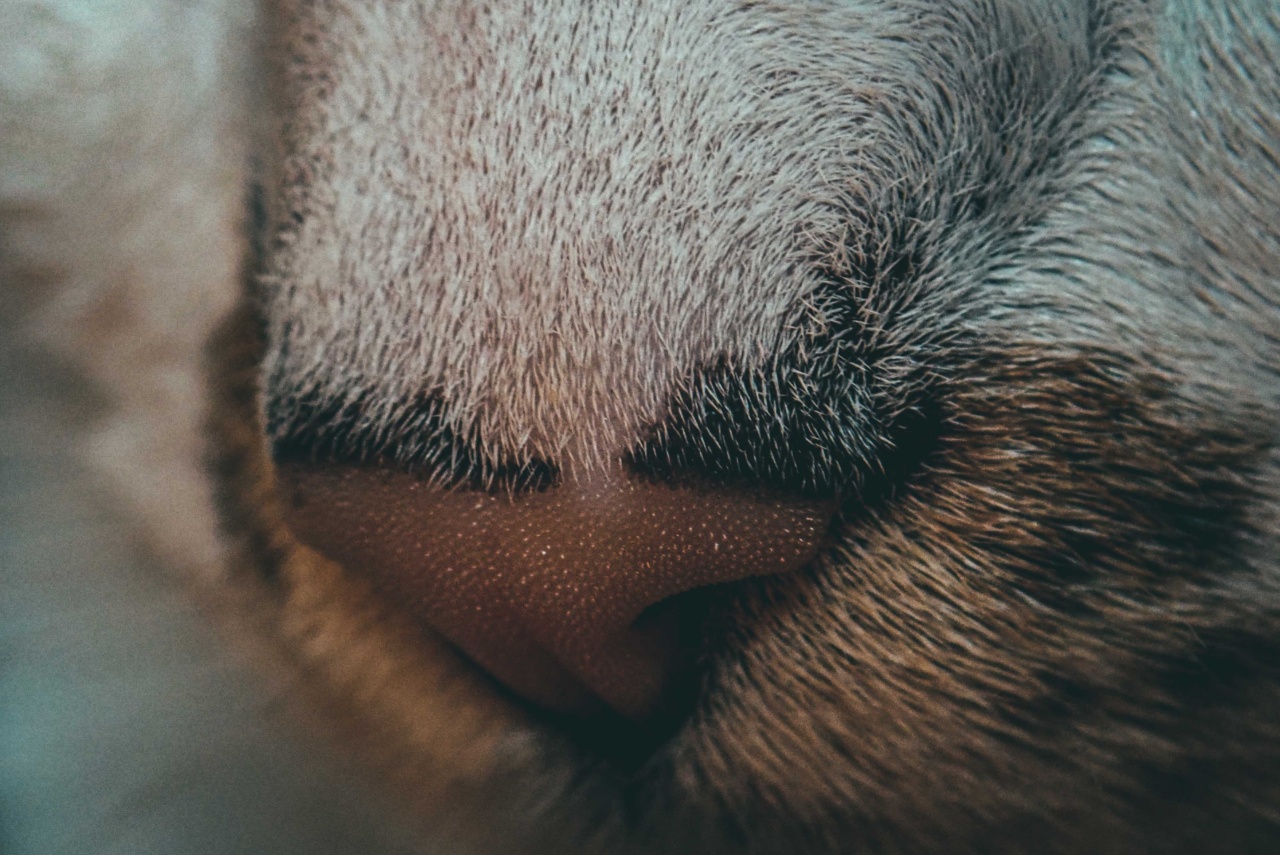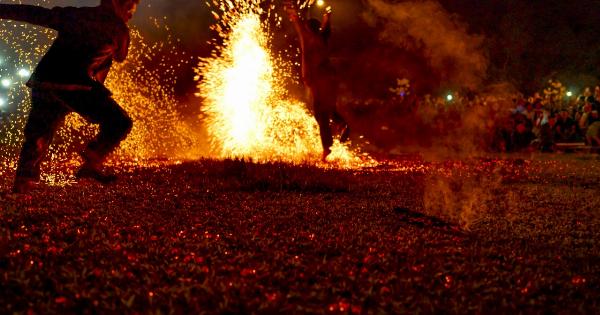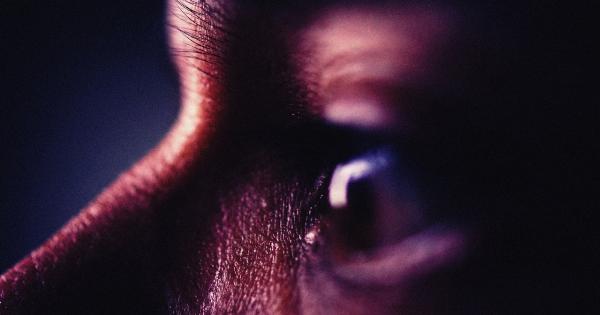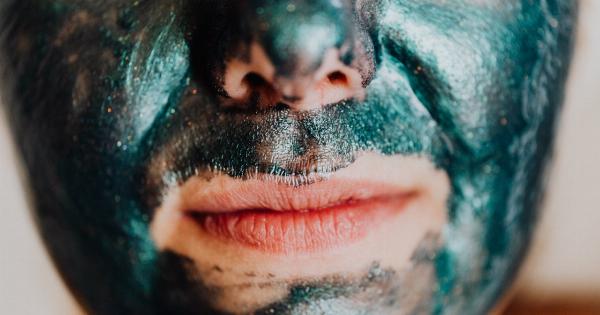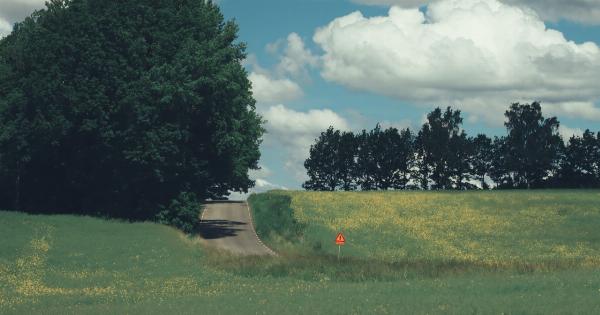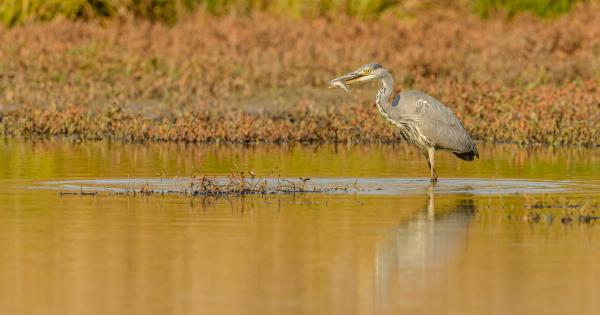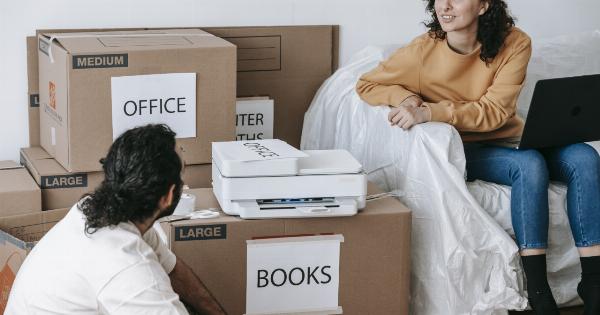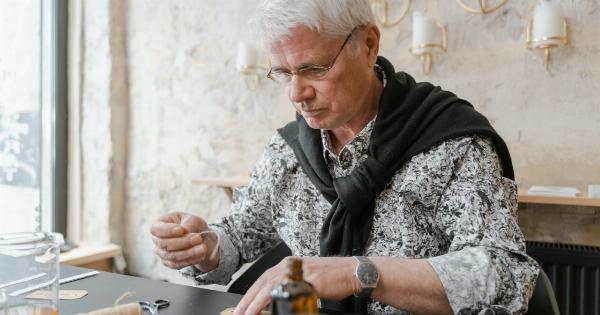Rhinoplasty, commonly known as a “nose job,” is a surgical procedure to change the shape and size of the nose. The surgery is often done for cosmetic reasons, but it can also be used to correct breathing problems or nose injuries.
One concern some people have before getting a rhinoplasty is whether the surgery will affect their sense of smell. The answer is yes, there is a risk of temporary or permanent changes to your sense of smell after rhinoplasty.
How rhinoplasty affects your sense of smell
The sense of smell is an important sensory system that allows us to taste food, identify hazards like gas leaks, and detect different odors in our environment. The olfactory nerves in the nose play a critical role in interpreting smells.
Rhinoplasty involves changing the shape of the nose, which can affect the olfactory nerves and the sense of smell. The surgery may also involve removing or altering the nasal septum, which can impact how air flows through the nasal passages.
Temporary changes to your sense of smell are common after rhinoplasty. The inflammation and swelling that occur after surgery can affect the olfactory nerves, resulting in a reduced or altered sense of smell.
It’s also possible for nerve endings to be damaged during the surgery, which can lead to changes in smell perception.
In most cases, these changes are temporary and resolve on their own as swelling and inflammation subside. However, some people may experience permanent changes to their sense of smell after rhinoplasty.
How to minimize the risk of changes to your sense of smell
While there is always some risk of changes to your sense of smell after rhinoplasty, there are steps you can take to minimize this risk.
Choose a qualified rhinoplasty surgeon
One of the best ways to reduce the risk of changes to your sense of smell after rhinoplasty is to choose a qualified and experienced surgeon. Look for a surgeon who specializes in rhinoplasty and has a proven track record of successful surgeries.
Tell your surgeon about any existing smell problems
If you already have a reduced sense of smell or other olfactory problems, be sure to tell your surgeon before the surgery. They may need to adjust their approach or take extra precautions to protect the olfactory nerves during the procedure.
Avoid smoking and secondhand smoke
Smoking can damage the olfactory nerves and reduce your sense of smell. It’s best to stop smoking before and after rhinoplasty to give your nose the best chance of healing properly.
Follow your aftercare instructions carefully
After rhinoplasty, you will receive specific aftercare instructions from your surgeon.
It’s important to follow these instructions carefully to ensure the best possible healing and minimize the risk of complications like changes to your sense of smell.
What to do if you experience changes to your sense of smell after rhinoplasty
If you notice changes to your sense of smell after rhinoplasty, it’s important to speak with your surgeon as soon as possible. They can evaluate your symptoms and determine the underlying cause of your olfactory changes.
In some cases, changes to your sense of smell may be temporary and resolve on their own as your nose heals.
However, in other cases, more extensive treatment may be necessary, such as olfactory training or surgery to repair damage to the olfactory nerves.
Conclusion
Rhinoplasty is a common cosmetic procedure for changing the shape of the nose. While the surgery can have many benefits, it also carries a risk of changes to your sense of smell.
Thankfully, most changes to your sense of smell after rhinoplasty are temporary and resolve on their own as your nose heals.
By choosing a qualified surgeon, following aftercare instructions carefully, and avoiding smoking, you can minimize the risk of olfactory changes.
If you do experience changes to your sense of smell after rhinoplasty, be sure to speak with your surgeon as soon as possible to get the appropriate treatment.
